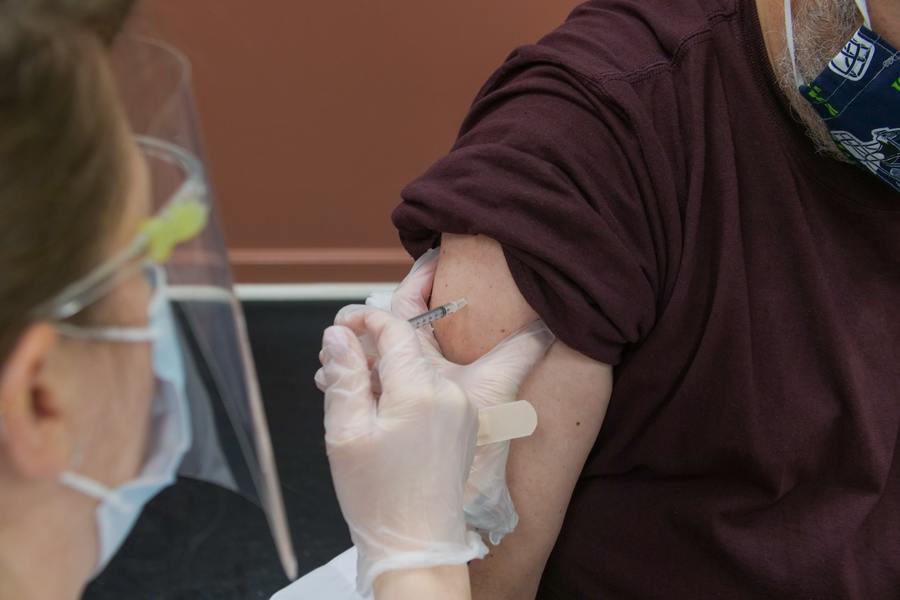Mandatory vaccines: a hot topic
Posted on October 2021 By Speller International

In early 2020, the COVID-19 pandemic began to dramatically change many aspects of our professional lives, from working remotely to the introduction of new and strict safety protocols.
More than 18 months later, employers are now preparing for another major change. As employees begin to return to the office or work site, many organisations will require their them to be vaccinated not only for the safety of their workforce but also for their customers.
In Australia, the Victorian state government has announced that vaccinations will be mandatory for all authorised workers to be able to attend to their place of work. Authorised Victorian workers must have their first dose by 15 October and received their second jab by 26 November.
In the broadest mandate applied so far in Australia, the list of authorised workers, as defined by the Victorian Government, is lengthy and includes those in healthcare, construction, emergency services, courts, prisons, aged-care, education, and media. It will cover about 1.25 million workers.
Each Australian state is so far handling the issue differently. In NSW, the vaccine is compulsory for teachers, and workers in healthcare, disability, aged care, and hotel quarantine, while in Western Australia, the government has mandated COVID-19 vaccinations for its resources sector.
Last month, the US Government announced that businesses with 100 or more employees must ensure their workers are either vaccinated or tested once a week.And as reported in the Financial Times last month, concerns are starting to mount in the UK regarding the legal and moral implications of asking staff to provide their vaccine status.
When it comes to tech workers themselves, research is showing overwhelming support for mandatory vaccines. A recent US study showed that tech workers are significantly more likely than employees in other sectors to support workplace vaccine requirements. More than half (56%) said they would consider leaving their jobs if vaccine requirements are not in place.
Technology is playing a crucial role in this paradigm shift – and so will SAP experts around the world.
SAP (Qualtrics) has developed its employee vaccine management system which is available at no cost for existing Success Factors (Employee Central) clients.
The systems can be a portal to gather COVID-19 vaccination status (completed and planned) and ongoing COVID-19 test results from employees, contractors, and on-site visitors and spot issues in real time.
Information is securely maintained, helping businesses to comply with requirements, reduce risks, and avoid fines. It also provides a critical tool for following through on the most important objective: protecting employee health and wellbeing.
Many employers and employees are naturally questioning the validity of the directive for mandatory vaccinations. They may ask ‘Doesn’t this conflict with the Fair Work Act?’. The simple answer is ‘No’. The Fair Work Ombudsman has previously issued guidance on the conditions that make it lawful and reasonable under the Fair Work Act for an employer to require that employees be vaccinated. That guidance includes ‘tiers’ of work to help assess if vaccination was justifiable. But these aren’t relevant if a direct law – in this case a public health direction – mandates vaccination.
Clearly, this is very much an evolving issue, so the best thing employers and SAP specialists can do is regularly check COVID updates on legitimate websites, including Australian Industry Group and the department of health in your state or country.
